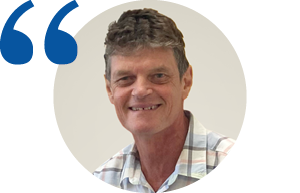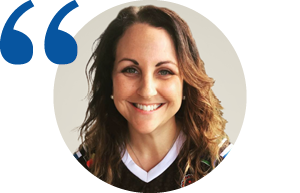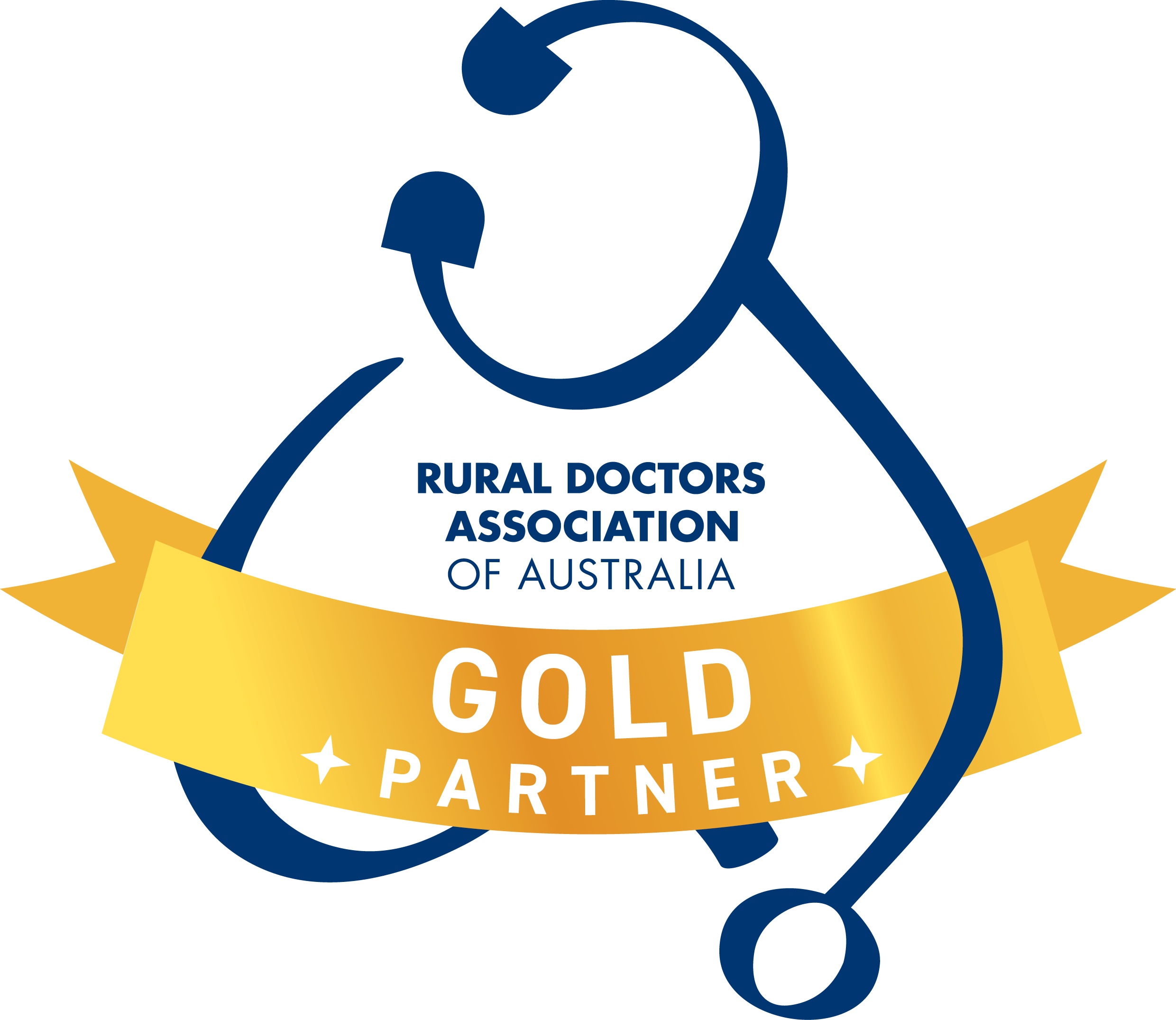What is a rural generalist
Rural generalists are doctors who are experts in rural medicine. They are skilled in general practice, emergency, and impatient care. They also have advanced skills in areas like:
- emergency medicine
- obstetrics and gynaecology
- paediatrics
- mental health
- anaesthetics.
As a rural generalist, your skills will give people in rural communities access to a wider range of health services. You'll make a real difference to their lives.
A rural generalist career is diverse and rewarding. You can work in:
- general practice
- Aboriginal medical services
- retrieval services
- hospitals
- aged care
- expedition and international aid settings.
About the pathway
Wherever you are in your medical career, when you join the pathway, our team will guide you through your rural generalist career journey.
The Queensland Rural Generalist Pathway gives doctors targeted training and development to become a rural generalist.
We'll support and provide you with:
- placements and experience in a variety of disciplines and settings
- a wide range of training and education opportunities
- access to advanced skills training
- mentoring and pastoral care
- independent career advice
- access to a community of rural generalists.
You can do the pathway at a pace that works for you. You can fast track your training or take your time.
We’ve helped doctors navigate their rural generalist training and career for nearly 20 years. We'll be by your side through personal and professional triumphs and challenges, celebrate your fellowship achievements and continue supporting you after fellowship.
Our role is to help you:
- explore everything a career as a rural generalist has to offer
- plan your career goals and how to reach them
- find placements that fit with your interests and the needs of your future rural community
- get the skills you need.
Becoming qualified
To become a qualified rural generalist, you will need to complete a fellowship with selected colleges.
To become a qualified rural generalist, you will need to complete a fellowship with either the Royal Australian College of General Practitioners – Rural Generalist (FRACGP-RG) or the Australian College Rural Remote Medicine (FACRRM).
We can help you choose the fellowship route that's right for you and when to apply. We'll work with your college and your employer to make sure your placements give you the skills you need to complete your fellowship.
We're also the Queensland coordination unit for the National Rural Generalist Pathway. We work with the Australian Government and the states and territories to support national rural generalist training initiatives.
Why the pathway?
The pathway gives you career navigation from our training advisors, flexible training that meets your individual needs, privileged access to hard to get training, endless options for the rest of your career.
In your first 2 years you’ll complete our prevocational training program. This will give you a solid foundation to move to the next stage of rural generalist training.
You'll have a dedicated training advisor to help you plan and make decisions about your future. They'll be with you from start to finish, making sure you get all the training and support you need. They can help you avoid potential career pitfalls and troubleshoot any personal, professional or administrative issues that arise so you can focus on your training.
Our training advisors are experts in rural medicine. Many of them have been through the pathway themselves and can help you navigate your placements and fellowship training.
We also give career advice to people not on the pathway. You can book a career consultation by emailing careerhelp@health.qld.gov.au.
Life as a rural generalist looks different for everyone. There are many ways you can use your training and skills. Read the real stories of our trainees and fellows.
Hear from our training advisors

Dr Jaime Hurley
Rural Generalist Training Advisor
General Practitioner
Beaudesert
Rural Generalism is like a ‘choose your own adventure’ story – the opportunities are endless. For me, the QRGP highlighted what was possible and supported me all the way to the end of my training and beyond.

Dr Cameron Bardsley
Rural Generalist Training Advisor
Senior Medical Officer
St George Hospital
Having spent 27 years serving the people of St George and the South West doing general practice, secondary care, anaesthetics and obstetrics, I have seen many changes in medicine. The two things that have remained constant are the joy I derived from caring for my community especially the long-term patients whom I travelled the journey alongside, and the genuine fellowship and belonging I received from the wider rural medicine family.

Dr Claudia Collins
Rural Generalist Training Advisor Clinician
Senior Medical Officer
Yulu-Burri-Ba Aboriginal Corporation for Community Health
I love being a Rural Generalist in the Indigenous Health sector because it allows me to provide culturally responsive, holistic care that meets the unique needs of my community. My training equips me to support patients on their lifelong health journeys, which in turn improves health outcomes for their families and community. Being present, engaged, and innovative in my care delivery based on evolving community needs is deeply fulfilling.
Data
We currently support around 400 trainees, and nearly 300 fellows have trusted us to be by their side while they complete their training. Find out more in our 2025 snapshot [PDF 958.71 KB].
Salary and benefits
Learn more about salary and benefits and career progression at Queensland Health.
Rural generalists earn a similar salary to other specialties.
Your pay will depend on:
- your skills and experience
- the type of position you’re appointed to
- your location.
You may also be able to get rural and remote allowances on top of your base salary.
Our history
In 2005, rural health clinicians and advocates met in Roma to design a dedicated rural training pathway and improve recruitment, training and support across Queensland. The first rural generalist training program in Australia, the Queensland Rural Generalist Pathway, started in 2007.
In 2008, the Queensland Government recognised rural generalists as medical practitioners with specialist credentials.
Life as a rural generalist looks different for everyone
There are many ways you can use your training and skills. Read the real stories of our trainees and fellows.
Rural generalist recognition in Queensland
Queensland Health recognised rural generalist medicine as a medical discipline in 2018. Learn more about the recognised qualifications and salary ranges [PDF 29 KB] (staff only).
Contact us
If you'd like more information about joining the pathway or careers advice, you can contact our team by:
Email: rural_generalist@health.qld.gov.au
Phone: 1800 680 291

